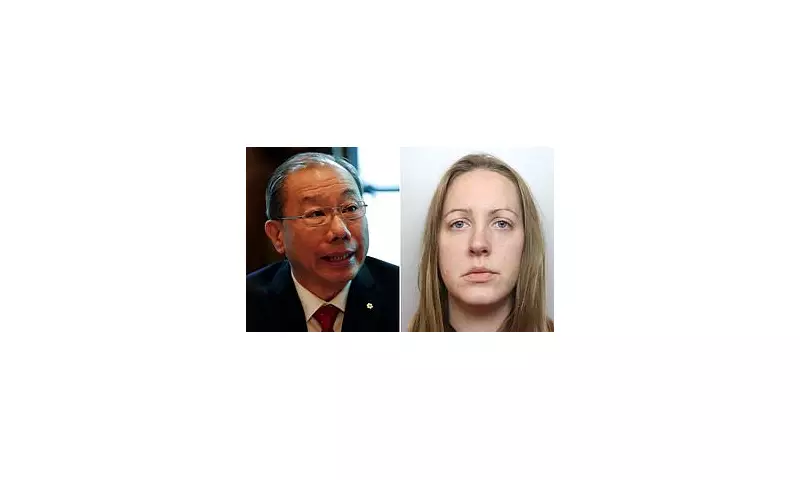
A growing chorus of distinguished medical professionals is speaking out in support of Lucy Letby, the former neonatal nurse convicted of murdering seven babies and attempting to kill six others, arguing that crucial scientific evidence may have been misinterpreted during her trial.
Medical Doubts Surface
Several senior doctors and forensic experts have come forward expressing grave concerns about the medical evidence that led to Letby's convictions. These specialists, who include renowned paediatricians and pathologists, suggest that alternative explanations for the infants' collapses weren't sufficiently explored during legal proceedings.
The Scientific Controversy
At the heart of the dispute lies complex medical data that experts claim requires more nuanced interpretation. The specialists argue that natural causes and underlying health conditions common in premature babies could account for the tragic events that occurred at the Countess of Chester Hospital between 2015 and 2016.
Call for Independent Review
The medical professionals are now urging health authorities and legal bodies to commission an independent panel of experts to re-examine the case evidence. They emphasise that their intervention isn't about defending Letby personally, but about ensuring scientific accuracy in criminal proceedings involving complex medical matters.
Legal Proceedings Continue
Letby, currently serving a whole-life order, continues to maintain her innocence and is pursuing an appeal against her convictions. The Court of Appeal has already refused her initial attempt to challenge the verdicts, but the emergence of new expert opinions could potentially influence future legal developments.
Impact on NHS Trust
The case has had profound implications for the NHS trust involved, prompting widespread reviews of hospital procedures and staff management. Healthcare professionals across the country have been closely monitoring developments, with many expressing concern about the broader impact on neonatal care and staff morale.
As this medical controversy unfolds, it raises fundamental questions about how complex scientific evidence is presented and interpreted in courtrooms, and whether the justice system adequately accounts for medical uncertainties in high-stakes criminal cases.





